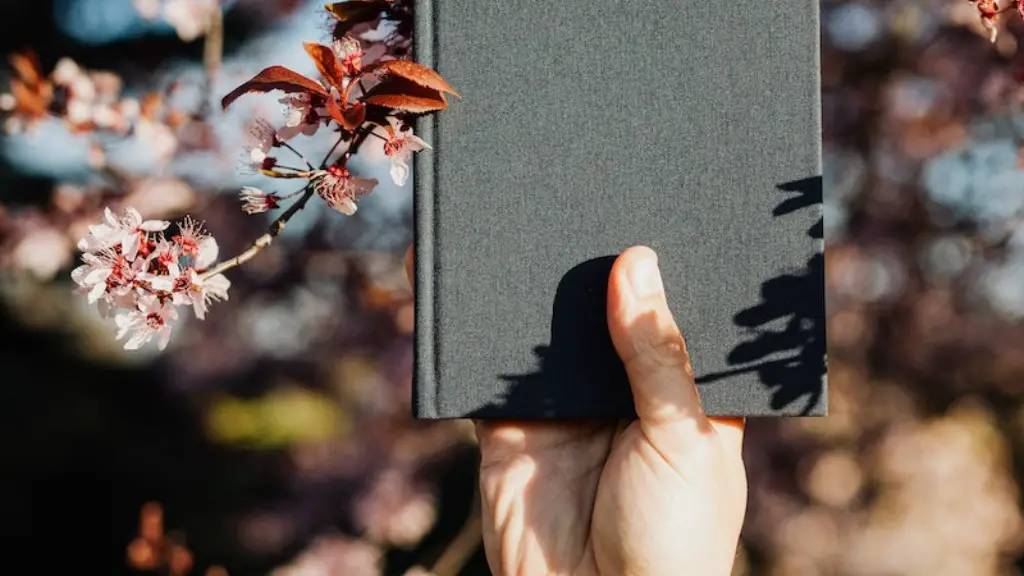Introduction To Memories Poetry
Memories are a part of life that often shapes our perspectives and understanding. Over time we reminisce about the past and stay mindful of the present, allowing us to learn from the past and strive for a better future. Memories can often be expressed through poetry – from lyrics to storytelling. Poetry is a powerful tool that allows us to be creative, evoke emotions and reflect on our past experiences. The term ‘memories poetry’ is used to describe any type of poem that is related to memories, either personal or from another’s point of view.
Types Of Memories Poetry
The type of memories poetry that you create depends on your style, purpose and the message you’re trying to convey. Some common forms of memories poetry include haiku, odes and sonnets.
Haiku
Haiku is a type of poem that uses simple language to tell a story, usually in three lines. It usually consists of 17 syllables, arranged in a 5-7-5 pattern. It is often used to capture a moment of thought, feeling or observation and can be used to write about memories.
Ode
An ode is a type of poem that typically expresses praise and admiration for an individual or object. It often conveys strong emotions and can be about a person, a place, a thing or an event. This type of poem is often used to reminisce about the past and highlight valuable memories.
Sonnet
A sonnet is a type of poem that often follows a set rhyme and structure. A sonnet typically consists of 14 lines and is often used to tell a story or convey a particular message. It can be used to discuss memories, contain memories or talk about individual experiences.
Tips For Writing Memories Poetry
Writing memories poetry is a way to document old memories, celebrate life and express thoughts and feelings. Here are some tips to help you write effective memories poetry:
- Start by writing down your thoughts and feelings – try to make them as detailed as possible.
- Brainstorm ideas and decide on a particular theme or focus.
- Select a form or genre that best suits your message.
- Think about your audience and the emotions you want to evoke.
- Be creative and think outside the box.
- Play around with language and poetic devices such as alliteration, assonance and rhyme.
- Revise and edit your poem until you’re happy with it.
Benefits Of Writing Memories Poetry
Writing memories poetry can be a creative outlet and a form of self-expression. It can help to improve mental health and reduce stress by allowing individuals to express themselves in a creative way. It can also provide comfort and offer relief from difficult emotions. Writing memories poetry can also be a way to connect with others and share experiences.
Celebrating Memories Through Poetry
Memories poetry allows us to capture moments, stories and experiences in a creative and emotive way. Writing memories poetry can be therapeutic and can also be used to connect with others. Memories are often what make us who we are and should be celebrated. Writing memories poetry can be a way to do this and can provide comfort and relief.
Constructive Criticism Of Memories Poetry
Constructive criticism of memories poetry is often used to ensure that it is effective and impactful. Critiquing memories poetry can help to identify areas of improvement and can often provide valuable insights into the writing process. Critiques can be carried out by peers, teachers, experts or anyone with a background in creative writing. They can help to strengthen an individual’s understanding of memories poetry, highlight areas for development and find new ways to express ideas.
Conclusion
Memories poetry is a powerful form of expression that allows us to tell stories, evoke emotions and reminisce about the past. There are a variety of forms that can be used to write memories poetry, from haiku to sonnets. Writing memories poetry can be a positive and creative outlet, allowing individuals to document old memories, celebrate life and express their thoughts and feelings. Constructive criticism can also be used to ensure that memories poetry is effective and impactful.


